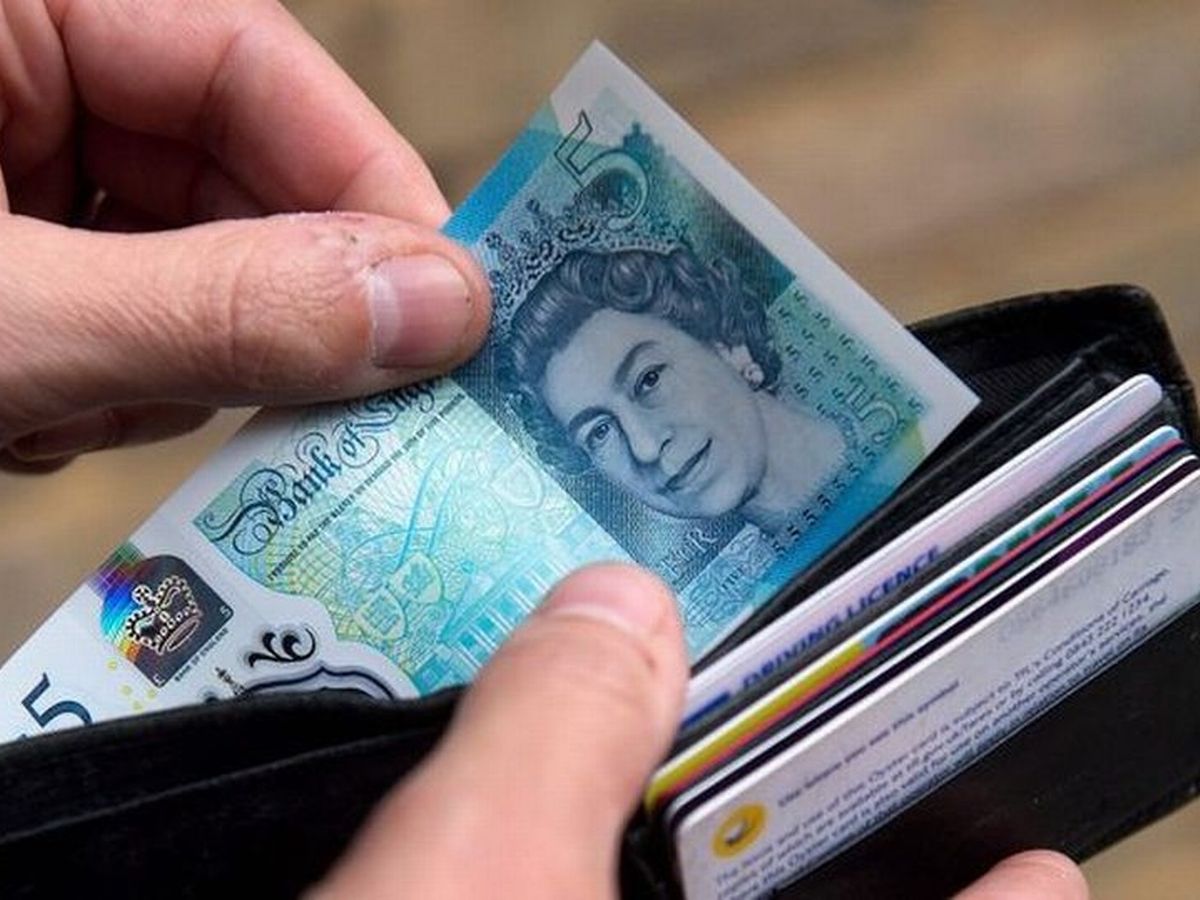By Bryana Francis
Copyright walesonline

The UK Government’s Department for Work and Pensions has laid out how claiming Universal Credit works if you are also working. Several factors can come into play and impact how much of the benefit will you receive including your partner’s salary, whether you get housing costs help and your caring responsibilities. Universal Credit is a monthly payment designed to help those either on a low income or out of work , with living costs. There is however a certain amount you can earn through work, a work allowance, which doesn’t affect your Universal Credit. The DWP are clear that you must report any change of circumstance to the government as soon as possible to ensure you don’t need to make a repayment. You must do this by signing in to your Universal Credit account on GOV.UK. For money-saving tips, sign up to our Money newsletter here . Such changes include finding or finishing a job, having a child, moving in with your partner, starting to care for a child or disabled person, changes to your child’s education, moving, health changes and changes to your earnings and savings. It’s important to note there is no limit to how many hours you can work and still get Universal Credit but if your wages increase, your Universal Credit payment will reduce and if you stop working or your wages go down, your payment will go up. Your payment will go down 55p for every £1 extra you earn from working. To find out how exactly this would impact your personal Universal Credit payment, you can use GOV.UK’s benefits calculator. Those who have an employer shouldn’t need to report their earnings themselves but those who are self-employed will. If you are self-employed, your payment will be based on the earnings you report at the end of each monthly assessment period. As part of this you must report how much you earned from self-employment, how much you paid into a pension and any payments made in or out of your business. In either instance, if you or your partner is either responsible for a child or young person, or living with a disability or health condition which affects your work, you may be entitled to a ‘work allowance’. If you get help with housing costs through Universal Credit or you live in temporary accommodation arranged by your council because you’re homeless you can earn up to £411 a month through your work allowance. But if these factors don’t apply to you, you can earn up to £684 a month before your payment begins to reduce. As Universal Credit payments go down where wages increase, they will eventually stop, and you will be notified when you’re earning enough to no longer receive these payments. However, if your wages do then decrease again you may be eligible for Universal Credit once more. Payments will automatically restart if it’s been six months or less since your last payment but if it has been longer than a six-month period you will need to reapply.



